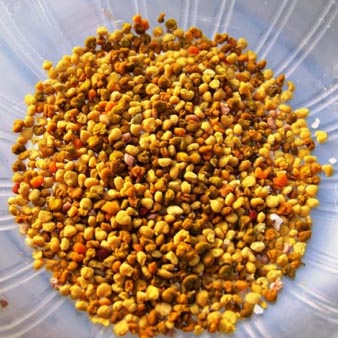 How can propolis be used to improve feed additives
How can propolis be used to improve feed additives
Dean of the Faculty of Agriculture - Ain Shams University
Using propolis as a food additive in poultry feed. Propolis is a natural brownish-green resinous substance collected by bees from tree buds. Saliva enzymes are added to the resinous substance, then mixed with wax and some other compounds.
This substance is used as a protective shield at the entrance to the beehive. This substance has been used since ancient times as a medicine due to its biological properties as it contains substances with antimicrobial, antifungal, antiparasitic, and antiviral properties; it also contains antioxidants. Chemical analysis has shown that propolis contains more than 180 compounds, the most famous of which are polyphenols, aromatic acids, and flavonoids. The chemical composition of the substance depends on the plant species, and thus the biological activity of the substance is linked to the geographical location. This substance has been used to improve human general health and combat some diseases such as cancer, cataracts, and diabetes. It has also been used as a nutritional supplement in broiler chicks, laying hens, quails, and ducks. Growth rates and feed conversion efficiency Several studies have shown that adding propolis to the feed at a rate of 200-400 mg/kg feed improves the amount of food eaten and the feed conversion coefficient. Studies have attributed this improvement to the development and improvement of the taste, through the flavonoid content found in propolis, in addition to the presence of other components, such as benzoic acid, which leads to improved digestion of nutrients, such as protein and ash. Research has indicated that propolis increases the resistance of birds against environmental stressors and diseases; This is due to the biological properties of propolis, as it improves the health of the small intestine, and improves digestion and absorption. Egg production and quality One study showed that adding propolis at a rate of 100-150 mg/kg of laying hens' feed leads to a significant increase in egg mass and eggshell quality. In addition, adding propolis and vitamin C to heat-stressed laying hens improved the weight and thickness of the eggshell. The positive effect of propolis on eggshells may be related to increased calcium digestion and absorption as a result of benzoic acid derivatives, as well as (4-hydroxy-benzoic) acid. Propolis has antibacterial and antifungal properties in fertilized eggs, and therefore affects hatching rates in eggs produced by mothers fed on propolis-containing diets.
Source: www.beesmarkets.com


















